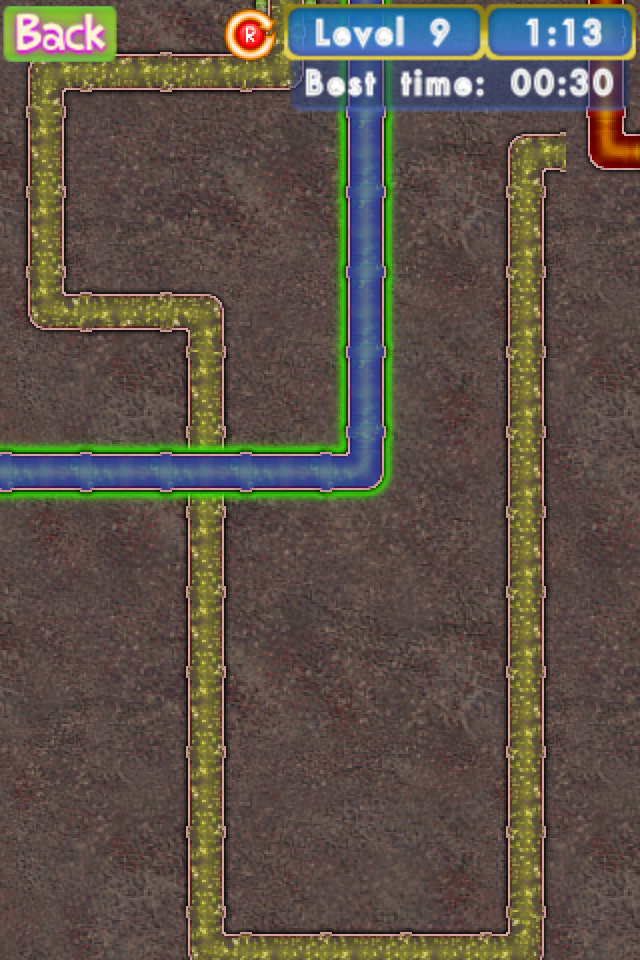
As well as other outlying suburbs and villages. Aside from just Salford, its wider city district includes the towns of Eccles, Pendlebury, Swinton and Walkden. Multiple media sector headquaters relocated to the Salford Quays development called MediaCityUK to replace the loss of heavy industrial. Industrial decline in the 20th century lead to the city having run-down and antisocial areas. Įconomy of the city was focused on a major cotton and silk spinning and weaving factory district in the 18th and 19th centuries and important inland port on the Manchester Ship Canal from 1894. In 1974, the current wider borough was established. The former County Borough of Salford was granted city status in 1926. The Industrial Revolution of the late 18th and early 19th centuries reversed that relationship.
#PIPEROLL LEVEL 94 SCREENSHOT FREE#
It was granted a charter by Ranulf de Blondeville, 6th Earl of Chester, in about 1230, making Salford a free borough of greater cultural and commercial importance than its neighbour Manchester. Historically in Lancashire, the city was the judicial seat of the ancient hundred of Salfordshire. Towns near the city are Bolton, Stretford and Urmston. The city is on a meander of the River Irwell: the river forms part of its boundary with Manchester. Notable establishments and companies in the city include the University of Salford, Salford City Football Club, and Salford Lads' Club. Landmarks in the city include its town hall, Cathedral and St Philips Church.

Salford is governed by the wider metropolitan borough named after the city. Salford ( / ˈ s ɒ l f ər d/) is a city in Greater Manchester, England.


 0 kommentar(er)
0 kommentar(er)
